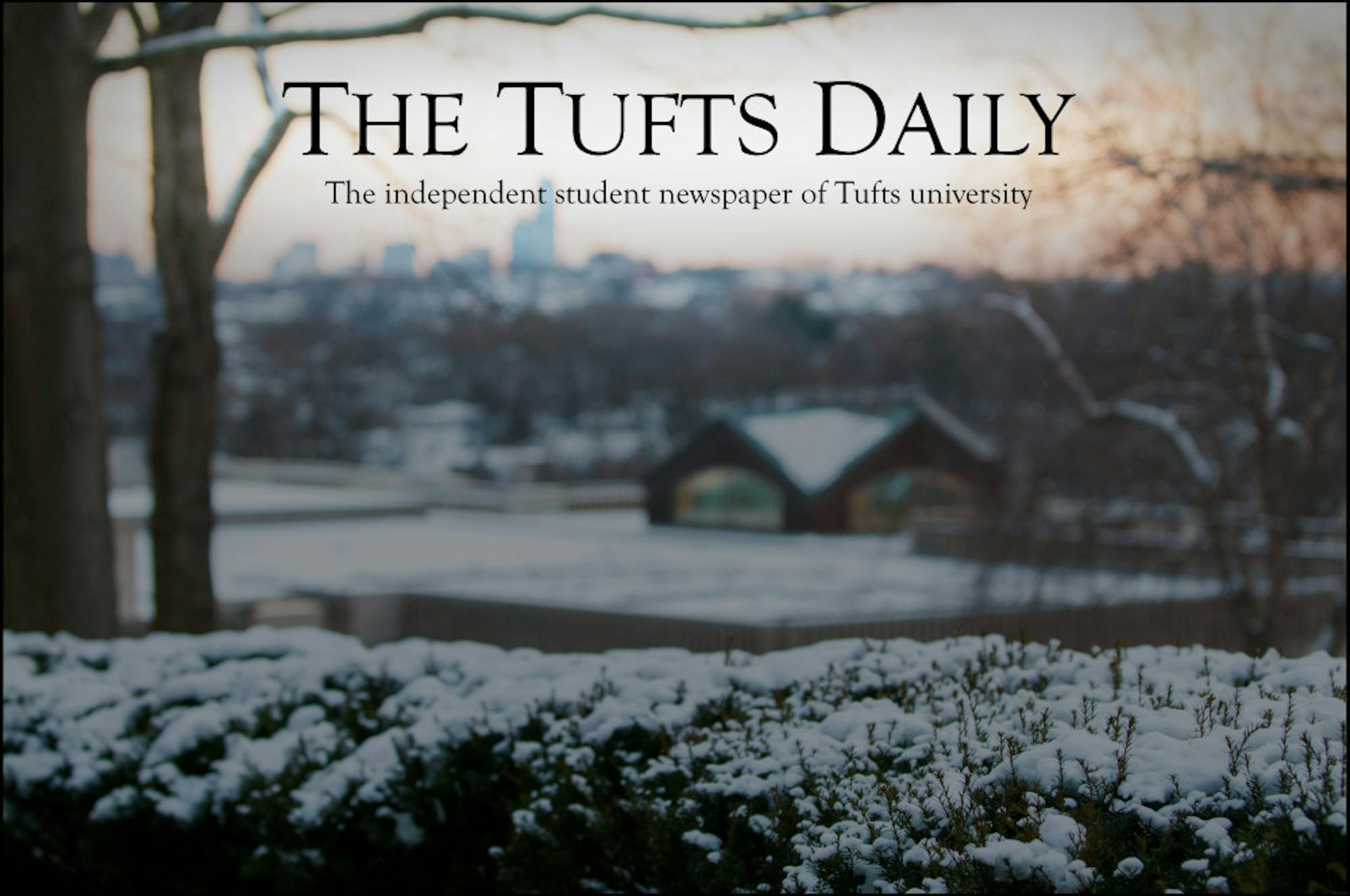A few weeks ago, there was an article in The Atlantic, titled "Must Every YA Action Heroine Be Petite?"
The article went on to claim that "the women of young-adult (YA) fiction can be strong, independent, and mature - as long as they're also scrawny."
I took a lot of offense to this. I grew up reading YA books about girls who weren't necessarily slim or petite. Although it's possible they might have been - many books never really went into description of body type. The authors didn't think it was important. Not to mention that there are also a ridiculous number of YA books about girls. I sincerely doubt that all of the protagonists are tiny.
Then I read the article again. And it's true, in a certain way. The article looks at the heroines of many recent popular YA books, who indeed all have been slim and tiny. The image of the tiny girl being a badass hero has become quite the popular one.
Which is exactly the point. The author of this article didn't look at YA books starring female protagonists and make this judgment, the author looked at the most popular YA books starring female protagonists.
The issue, then, becomes even more interesting. It's not that all YA books have slim female heroines - it's just that those are the ones people are reading.
This, of course, raises the question: why are people mostly reading YA books that have petite heroines?
To answer this question, I'm afraid I'm going to have to look back to the "Twilight" (2005) series. The main character of that book was not a fully, or even mostly, fleshed out character. The prevailing theory is that this book was so popular because the main character was so nondescript that it was very easy for readers to put themselves in her place. Why one would want to do so, I have no idea. But the book provided a means of wish fulfillment.
The YA books The Atlantic article was talking about - "The Hunger Games" (2008), "Divergent" (2011) - are read by a lot of the same people who read "Twilight": the people who read YA novels starring young female protagonists. I suspect that they want the same wish fulfillment out of these novels, although in this case the main characters are a bit more exciting.
Perhaps people are more drawn to these books over others because the main characters better represent who they want to be. The people who read these books as wish fulfillment want to be slim female action heroines because that's who the media portrays as being cool. And slim female action heroines are being portrayed in the media because they're popular right now.
Keep in mind, it's great that more action heroes in popular media are female. I love that women are being portrayed as just as capable as men. But it concerns me that so many of these heroines conform to this stereotype. I appreciate that there are so many strong female characters who retain both femininity and strength, but being petite is by no means the only way to be feminine. Or worse: female heroines conform to this stereotype because authors don't want to write larger women as the heroines/love interests.
I'm pessimistic that this will change anytime soon. Even as we move toward a more equal society, we are still haunted by the vestiges of sexism.
After all, even the most miniscule of progress breeds complacency.
Anastasia Korolov is freshman who has not declared a major. She can be reached at Anastasia.Trombly@tufts.edu.






